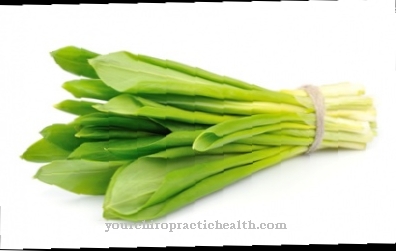Medicinal extracts from the Asian ginkgo -Baum was considered a “natural miracle cure” for a number of ailments for a number of years. In particular, the advertised positive influence on neurodegenerative diseases and declining cognitive performance caused a sensation. However, new findings cast doubt on the actual effectiveness of the natural remedy.
Occurrence & cultivation of ginkgo

Ginkgo trees are characterized by strong resistance to external environmental stimuli, they are therefore adaptable to different climatic conditions and can live for several hundred years. According to reports, the ginkgo was the first tree species to recover and spread after the nuclear disaster in Hiroshima.
Their longevity, robustness and imposing appearance led to the worship and cultivation of the ginkgo trees as "temple trees" in the Far East. From a botanical point of view, they are also unusual plants: optically, the deciduous ginkgo trees with their fan-like, finely notched leaves look more like deciduous trees or ferns, but are actually conifers due to other botanical characteristics.
Effect & application
Ginkgo has been used as a medicinal plant in China, Japan and Indonesia for centuries. Due to the spread of Far Eastern medicine in the context of modern holistic medical approaches, the medicinal plant found its way into Western countries. The seeds, leaves and bark of the tree are used medicinally. Areas of application for the extracted extracts include infections and chronic diseases of the respiratory tract (bronchitis, asthma), skin diseases and the promotion of blood circulation and circulation. Today, ginkgo is primarily known as a phyto-therapeutic agent for symptoms of declining cognitive performance - especially for concentration and memory disorders up to dementia syndrome.
Elaborately produced extracts from the leaves of the tree are used. These contain the active ingredients of the plant (especially so-called terpenoids, flavonoids and ginkgolides) in concentrated form, at the same time potentially harmful substances (ginkgolic acids) are eliminated in the manufacturing process. The ginkgolic acids are suspected of causing allergies and may change the genetic makeup.
The ingredients of ginkgo are said to have properties that promote blood circulation and protect cells. Due to their complex structure, the ginkgo active ingredients could not yet be completely synthetically imitated. In particular, the blood circulation in small blood vessels (microcirculation) should be improved by the vasodilating effect of the ginkgo. This circulation-promoting effect is said to have a positive effect on non-specific, difficult-to-treat symptoms such as dizziness, balance disorders and tinnitus.
In addition, the plant extract supposedly has antioxidant effects and thus offers protection against free radicals, inhibits the breakdown of nerve cells and promotes their performance. It is also suspected that signal-transmitting substances in the brain, which are important for cognitive abilities, have a positive effect. In this way, Ginkgo should counteract the age-related decline in the ability to think and remember and also generally support the ability to learn in young people. A positive influence on depressive moods is also discussed.
Importance for health, prevention and treatment
The effectiveness of ginkgo extracts has already been checked in numerous studies - with sometimes very contradicting results. Critical studies that question the promising results of previous scientific tests are mounting. Large-scale placebo-controlled studies deny the drug manufacturers' promise of effectiveness, but are in turn doubted by the pharmaceutical industry, who criticize the methodological weaknesses of the studies.
According to the current state of knowledge, the healing effects of ginkgo - after all, one of the best-selling phytotherapeutic agents - can neither be considered scientifically proven nor clearly refuted. Proponents of ginkgo therapy often refer to the tradition of natural remedies. Centuries of traditional uses do indeed suggest at least some effectiveness of ginkgo extracts.
Due to the relative lack of side effects and the many positive reports from Ginkgo consumers, a self-experiment with the over-the-counter preparations can be considered. Ginkgo extracts are available as tablets, capsules and drops, among other things. In contrast, tea preparations made from ginkgo leaves are not recommended because the density of active ingredients in aqueous extracts is insufficient and the potentially harmful ginkgo acids are also extracted from the leaves.
Which dosage form and active ingredient concentration makes the most sense in each individual case should be discussed with the doctor or pharmacist. Treatment usually takes place over a period of several weeks or months, as an effect can only be achieved after a long period of use. In the case of patients who suffer from coagulation disorders or who have to take prophylactic blood-thinning medication, it is essential to consult the doctor in charge before starting treatment.
Some study results indicate interactions with blood thinners and the associated increased bleeding tendency and increased risk of heart attack. Apart from that, only minor and rarely occurring side effects were recorded - including mild gastrointestinal complaints and headaches. Due to insufficient data, no ginkgo preparations should be taken during pregnancy and breastfeeding.

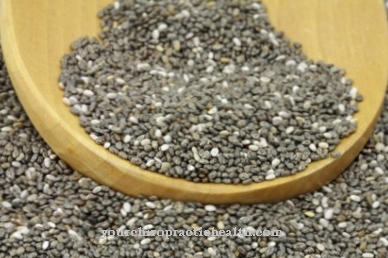
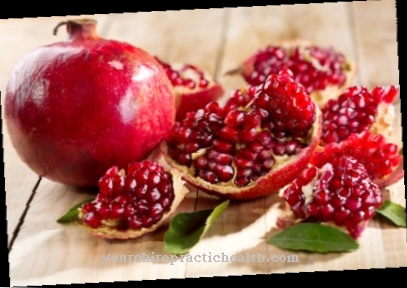
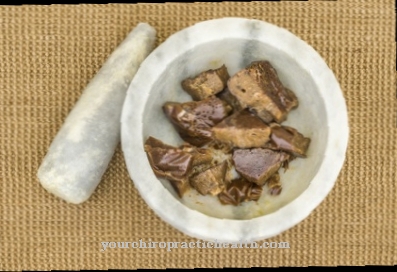
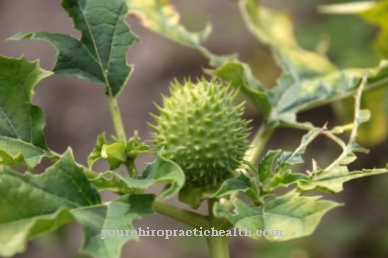

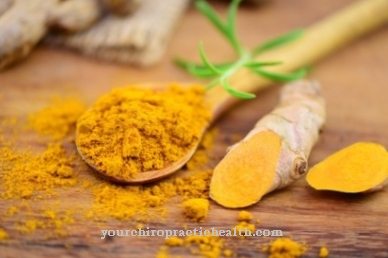

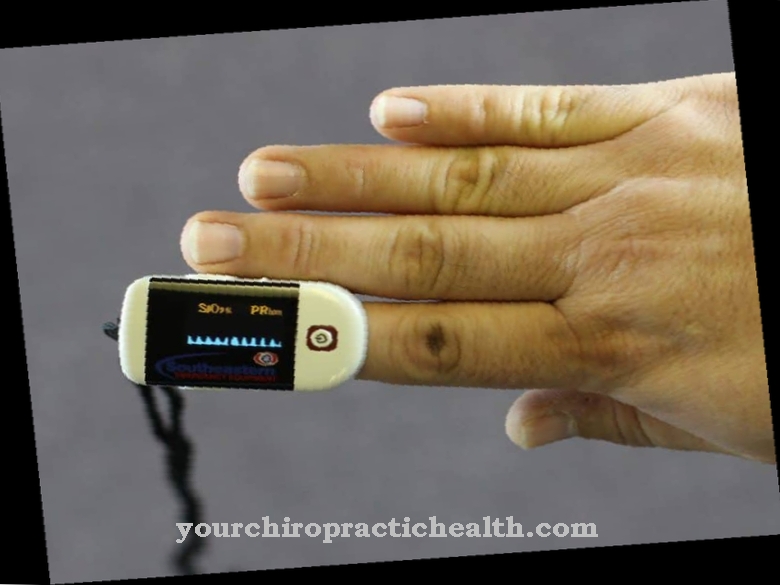
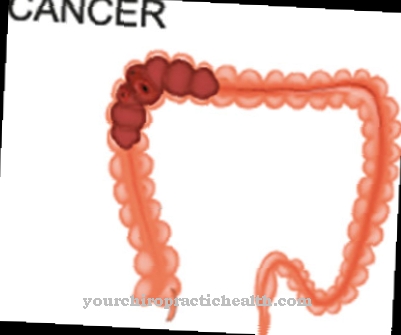
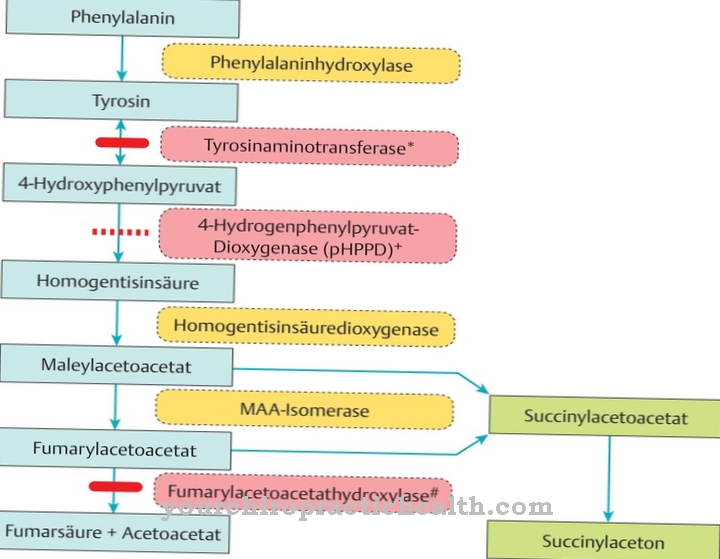
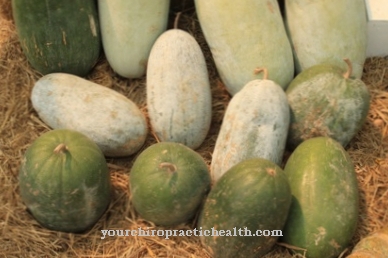
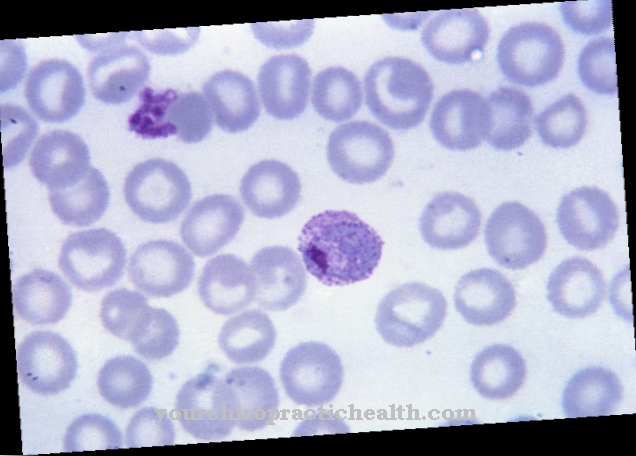


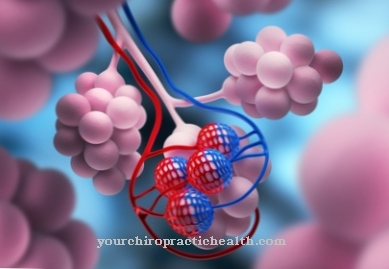

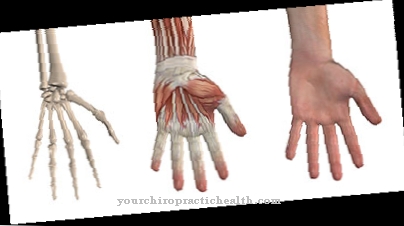






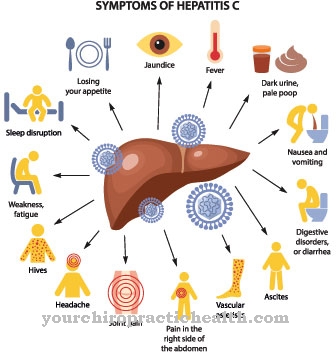
.jpg)


